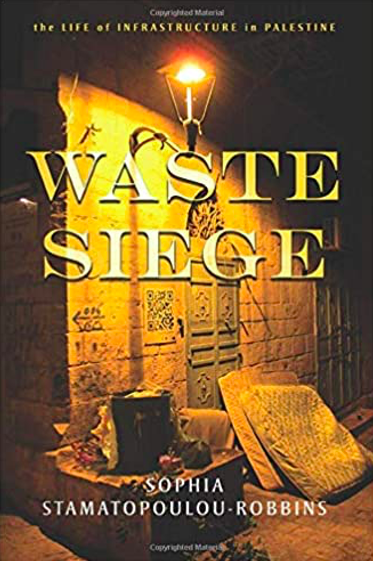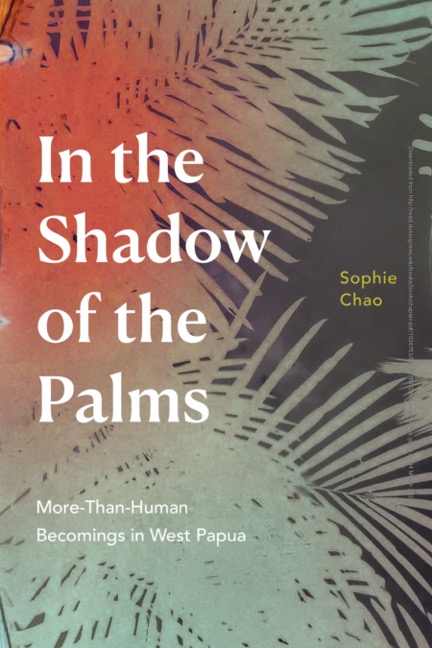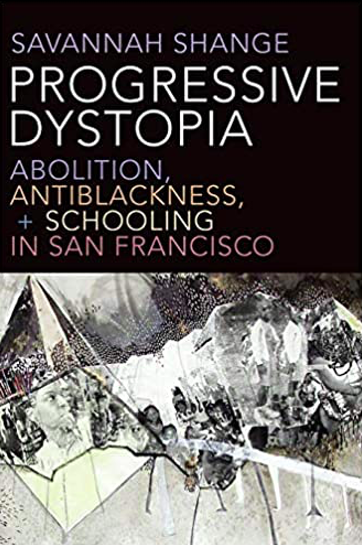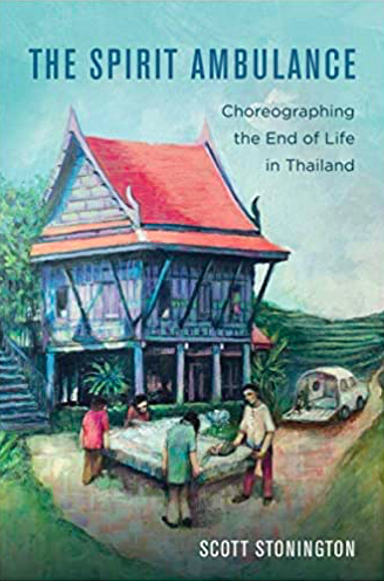2021 Joint Winner
Waste Siege:
The Life of Infrastructure in Palestine
by Sophia Stamatopoulou-Robbins
Prize Committee:
Naveeda Khan (chair), Elizabeth Ferry, Sameena Mulla and Hoon Song
From the Publishers:
Waste Siege offers an analysis unusual in the study of Palestine: it depicts the environmental, infrastructural, and aesthetic context in which Palestinians are obliged to forge their lives. To speak of waste siege is to describe a series of conditions, from smelling wastes to negotiating military infrastructures, from biopolitical forms of colonial rule to experiences of governmental abandonment, from obvious targets of resistance to confusion over responsibility for the burdensome objects of daily life. Within this rubble, debris, and infrastructural fallout, West Bank Palestinians create a life under settler colonial rule. Sophia Stamatopoulou-Robbins focuses on waste as an experience of everyday life that is continuous with, but not a result only of, occupation. Tracing Palestinians’ own experiences of wastes over the past decade, she considers how multiple authorities governing the West Bank―including municipalities, the Palestinian Authority, international aid organizations, NGOs, and Israel―rule by waste siege, whether intentionally or not. Her work challenges both common formulations of waste as “matter out of place” and as the ontological opposite of the environment, by suggesting instead that waste siege be understood as an ecology of “matter with no place to go.” Waste siege thus not only describes a stateless Palestine, but also becomes a metaphor for our besieged planet.
From the Prize Committee:
The Prize Committee was unanimous in their praise for Stamatopoulou-Robbins’ Waste Siege, which provides a nuanced perspective on the difficult topic of Israeli-Palestinian relations. Through a careful sifting of the various sites at which waste from Israel threatens to overwhelm physical settings and the ordinary lives of Palestinians, Stamatopoulou-Robbins leads us to appreciate the structural impossibility of Palestinian self-government as a rejoinder to utopian fantasies of a two-state solution. The tracing of the afterlives of bread in the midst of the hurly burly of urban lives and waste management projects, incomplete of necessity, suggests alternative geographies of food infrastructure and mutual aid. We are treated to people who are fully fleshed-out and multi-dimensional and whose voices of rueful honesty, of humor mixed with anguish, continue to ring in our ears long after we put down the book. A community under siege is connected to the rest of the world by waste.




